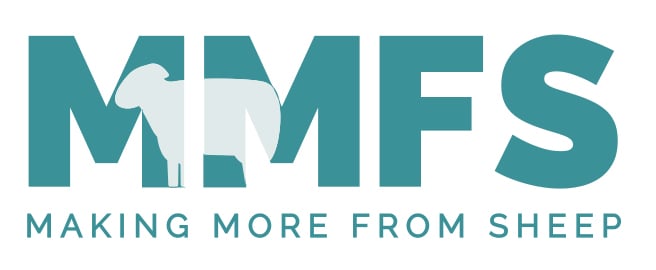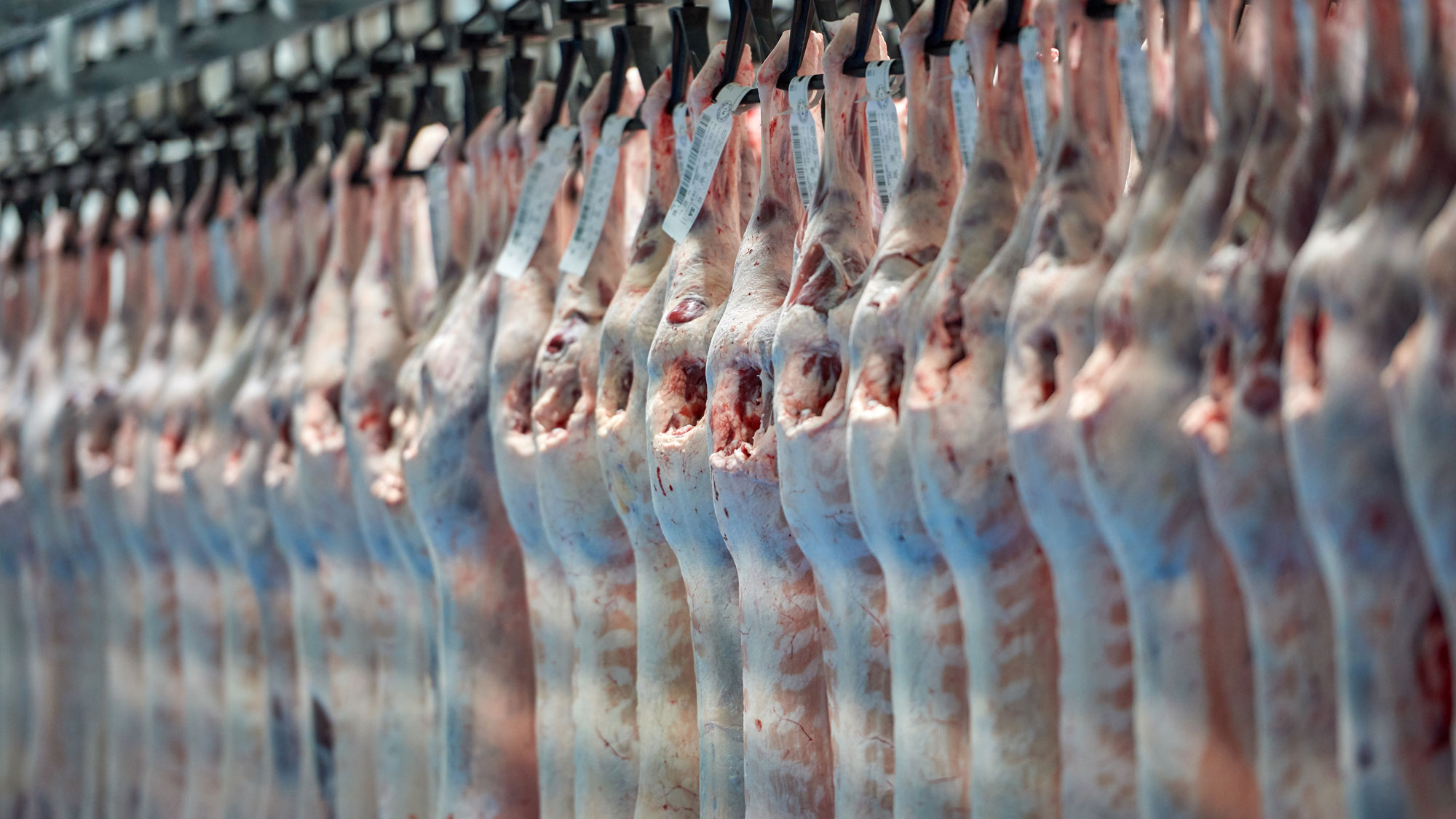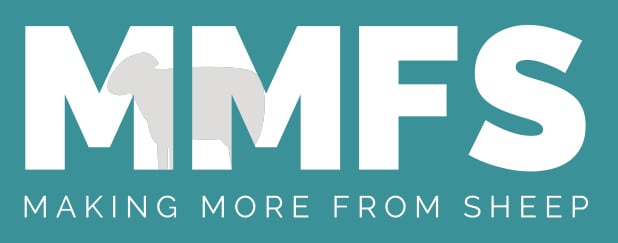Chapter 3.4 Respond to short- and long-term price and market signals
Chapter 3.4 Respond to short- and long-term price and market signals
Background information
Enterprise management and marketing skills are important to better manage price risk and protect the profit margin of lamb enterprises.
Develop marketing skills that enable sound enterprise planning and business relationships to be established through marketing alliances with processors. Develop the knowledge and skills required to negotiate forward contracts and use risk management tools to better manage market volatility.
At a glance
- Monitor a range of marketing news, reports and forecasts.
- Use market intelligence to implement a continuous improvement program.
- Participate in credible learning programs.
Ongoing production and market surveillance is necessary to position your lamb enterprise for the present and future. A few key actions will assist you in collecting information to assist you in making more informed decisions:
- Aim to build business and enterprise management skills as part of the whole farm business plan.
- Invest time and financial resources in regular market reports.
- Attend information field days, seminars and courses.
- Identify reliable sources of market information that suit the nature and structure of your sheepmeat enterprise and farming business.
Market information
Having decided on your target market (chapter 3.1), it is important to be aware of how prices move within that market (price risk) and how the relationship between that market and others changes over time (product risk). There are many sources of market information including MLA market reporting, rural newspapers, radio, independent market reports, livestock agents, processors, electronic markets, financial institutions and other producers. Producers need to filter the huge amount of information available by asking two basic questions:
- Is it reliable?
- Is it relevant to my business?
Over time, the importance of various pieces of market information to an individual business will become apparent.
Seasonality
Sheep and lamb prices exhibit a strong, consistent seasonal pattern that is relatively uniform across Australia. Prices are stronger in winter and weaker in late spring and summer and somewhere in the middle in the autumn. The seasonal lamb price curve is driven largely by lamb supply, with lamb demand remaining relatively steady by comparison. However, variation will occur as a result of local national and international influences. It is important that sheep and lamb producers understand both general and local seasonality to ensure they have a reasonable idea of where price might be headed at the time of sale.
Relationship with the market indicator
Knowing whether your lambs generally trade at a premium or a discount to the market indicator at certain times of the year can help you to know whether the price you are being offered is a reasonable price and can help you with predicting forward sale prices. Apart from allowing sellers and buyers to ascertain a fair value for individual lines of sheep and lambs, having a good knowledge of price relationships (called basis) in markets can help identify broad categories of stock which are relatively underpriced or overpriced.
Managing price risk
Price risks can be mitigated by using risk management tools, such as forward contracts, to secure aspects of the trade in advance. If forward contracts for sheep or lambs are unavailable, there are other strategies which will successfully decrease the price and seasonal risk.
Spreading the buying and selling over a set period will not only average purchase and sales prices over the buying and selling seasons, it will allow better management of unexpected seasonal events.
Undertake training
Adopt a continuous learning approach to develop lamb and sheepmeat production and marketing skills by undertaking accredited training courses, such as those provided by MLA or other reputable providers.
SIGNPOSTS
Read
Statistics and updates on activities in major international markets for lamb.
Use
Latest pricing, reporting, forecasts and analysis for Australian and international red-meat markets.
ATTEND
Developed for sheep producers to learn more about the supply chain and how to manage on-farm practices to lift compliance rates with processor requirements for yield and eating quality.






